Journalism is an incredible industry to work in; from working in breaking news, to covering cultural, political and pop culture issues, being a Journalist makes you feel hella good. When I came to London six years ago, I lived, and breathed Journalism. It allowed me to cultivate my love of writing, research, and discovery in one exciting role, and taught me to have a fresh perspective on what I was reporting. Whether it was reviewing top restaurants, writing up the latest and hottest fashion finds, or travel itinieraries, I loved how Journalism, wasn’t just pigeonholed to one niche. I liked to have adventure in my life, and my professional career, was no exception. No two days were the same, and the sheer excitement of discovering new brands, fresh perspectives, and unique stories, made me feel like I was achieving something good, that I was passionate about. When you want to break into Journalism in London, the journey is hard, true, but it is one of the most rewarding careers that you could ever try.
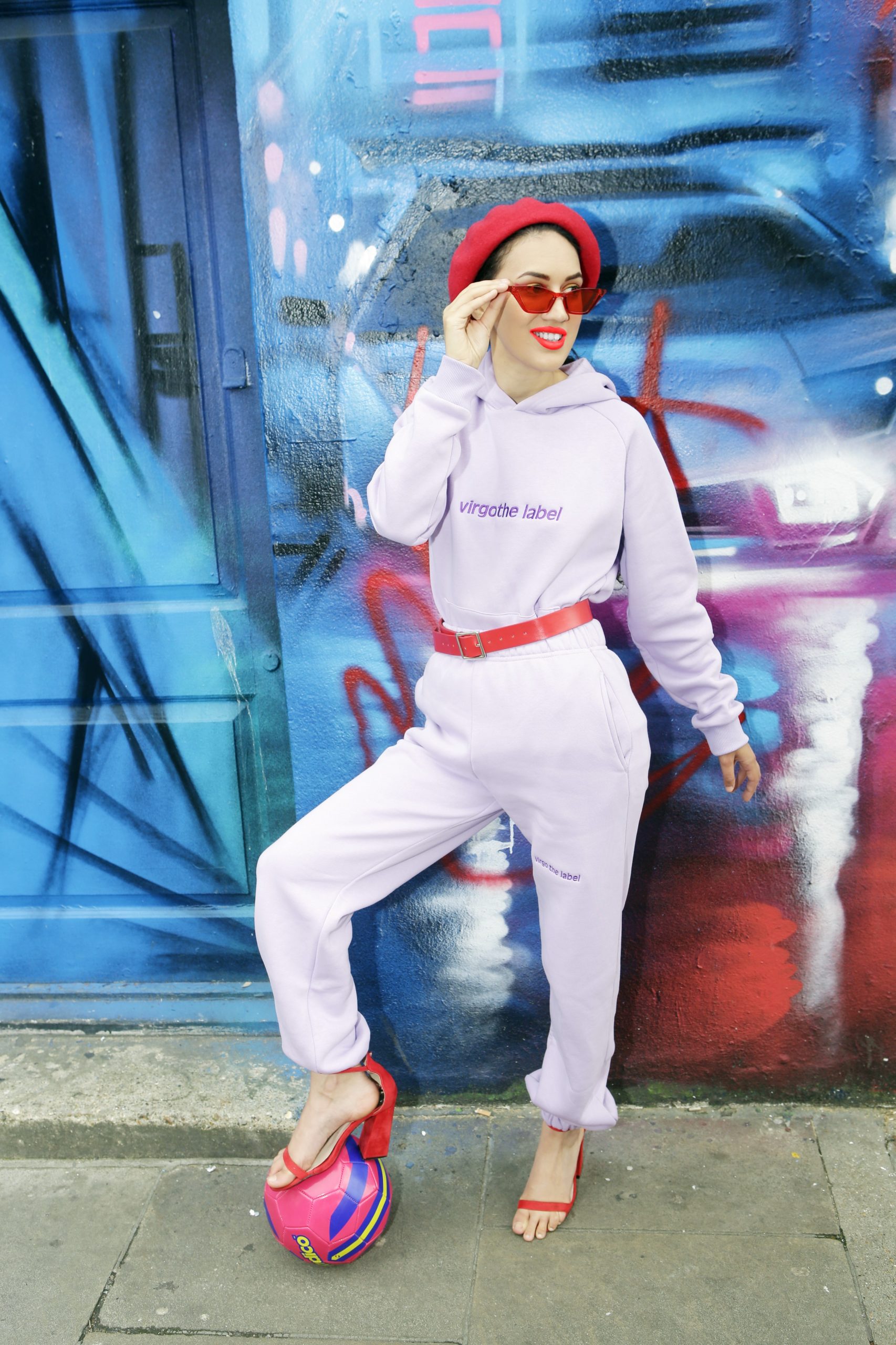
Want to break into Journalism in London? Then look no further than this handy guide that will teach you how to build connections, get stellar references, and land your first job as a Journalist.
Journalism can often have long hours, and you might not be working 9-5, but what it does have is excitement in spades. One day you might be curating news pieces, the next you might be chasing leads, interviewing people for prospective stories, and editing content. A day could be spent in the office, typing up furiously, as you unleash your creativity on the magazine, newspaper, e-zine, or blog that you are working on. Or another day could be at an awards ceremony, picking up an award for your team, mingling with other Journalists, and media powerhouses, as you smile with undisguised pride. This is not an ordinairy office job, but a role where it is very unlikely that you will get bored. You are getting paid to do what you love, whether that be getting a job in Fashion as a Journalist, a Freelance Journalist, or managing a team of writers. No matter where your heart is at, your career in Journalism will help you get to know people from all walks of life, and have the opportunity to broaden your horizons.
So what skills do you need to break into Journalism in London? First and foremost, you need to be resourceful. You need to have the ability to think outside the box, and be proactive about chasing leads, stories, and interviewing the right people. Sometimes it can be hard to find the right story, so building up a network of contacts such as PR’s, fellow Journalists, Freelancers, and relevant people is vital to career success. As well as being resourceful, having the ability to be ‘adaptable’ and evolve with the times, is extremely important when cementing your career as a Journalist. If you think back as little as 10 years ago, the emphasis on traditional media outlets such as magazines, newspapers, and journals, outweighed digital media outlets, like we know and love today. Think about it this way, are you more more likely to get the news online, via live TV, or will you get it from your local paper? Chances are you will prefer digital media, because it moves a lot quicker than traditional media, preferring to read news via Google news alerts, your emails, social media, TV and blogs.

While naysayers may claim that ‘Journalism is dead’, I can assure you its not. It’s just in a completely different place than it was 10 years ago. From the way we consume stories, to how we read, digest information, and learn about the world, how we see Journalism is different. It’s at your fingertips, its interchangeable, and its constantly moving fast. Working in Journalism is still an extremely fast-paced industry, and you need to be able to think quickly, and land on both feet. To make a name for yourself, you have to commision original, exciting, and fresh stories, be an excellent writer, but also have the ability to edit, and curate content, to drive traffic, sales, and increase eyeballs on your media page. Whether that is coming up with incentives to get more readers subscribed to your Journalistic platform, using social media to bring in a younger audience, or having a fresh take on issues, that other platforms do not have, you need to establish what your unique selling point is as a Journalist.
From interviewing, to reporting, to ethics, values, and trust, your work is person-centric, so building connections, being trustworthy, and reliable is integral. For example let’s say that you have optioned an amazing news story, but the topic is extremely sensitive, so the interviewee wants to stay anonymous. If you publish their name, tell-tale details about who they are, or even write their story in a way that they do not feel happy about, this can all be a breach of trust, meaning that others will question your realiability in the industry. It is important, that you make sure the person you are interviewing, or writing a story about is portrayed in a fair, and just way, and that their personal details (if applicable) are not being leaked. Just like you ask for people’s permissions to use cookies, and sign them up to newsletters, you have to do the same with stories.
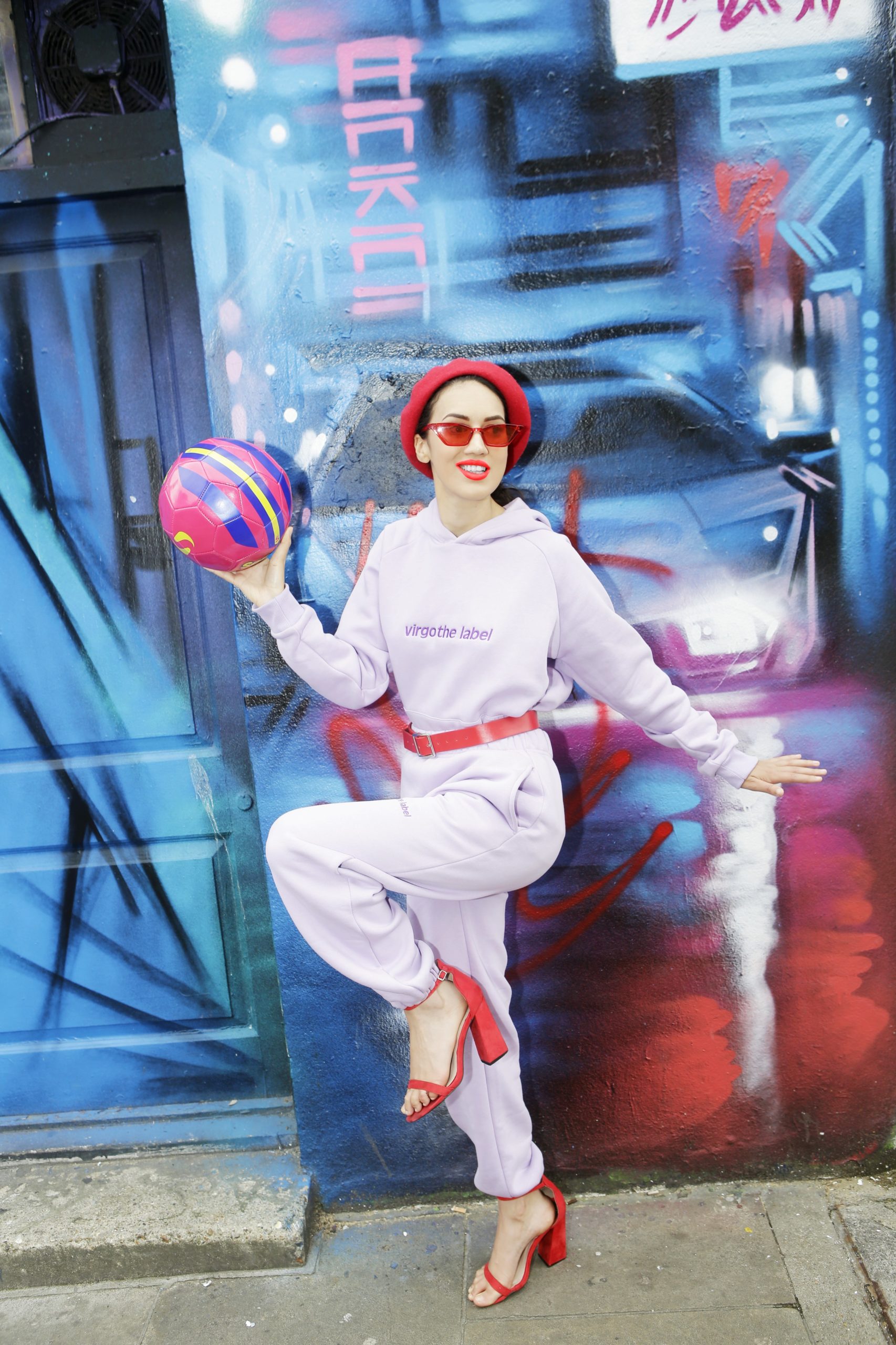
So how do you break into Journalism in London, a city, where the competition for jobs is incredibly fierce? From a Journalism Internship that allows you to travel, and explore London at the same time, to diversifying your skill-set, going freelance, or finding mentors, here are 8 ways to get a job in Journalism. The question is what type of Journalist are you? Do you want to head your own team of writers, and editors, for a multi-national news-platform, do you want to cover pop culture, and gossip news, are you an inspiring London Fashion Week reporter, or do you want to be a Jack of all trades? The decision is entirely down to you!
Hit The Ground Running With An Internship In Journalism
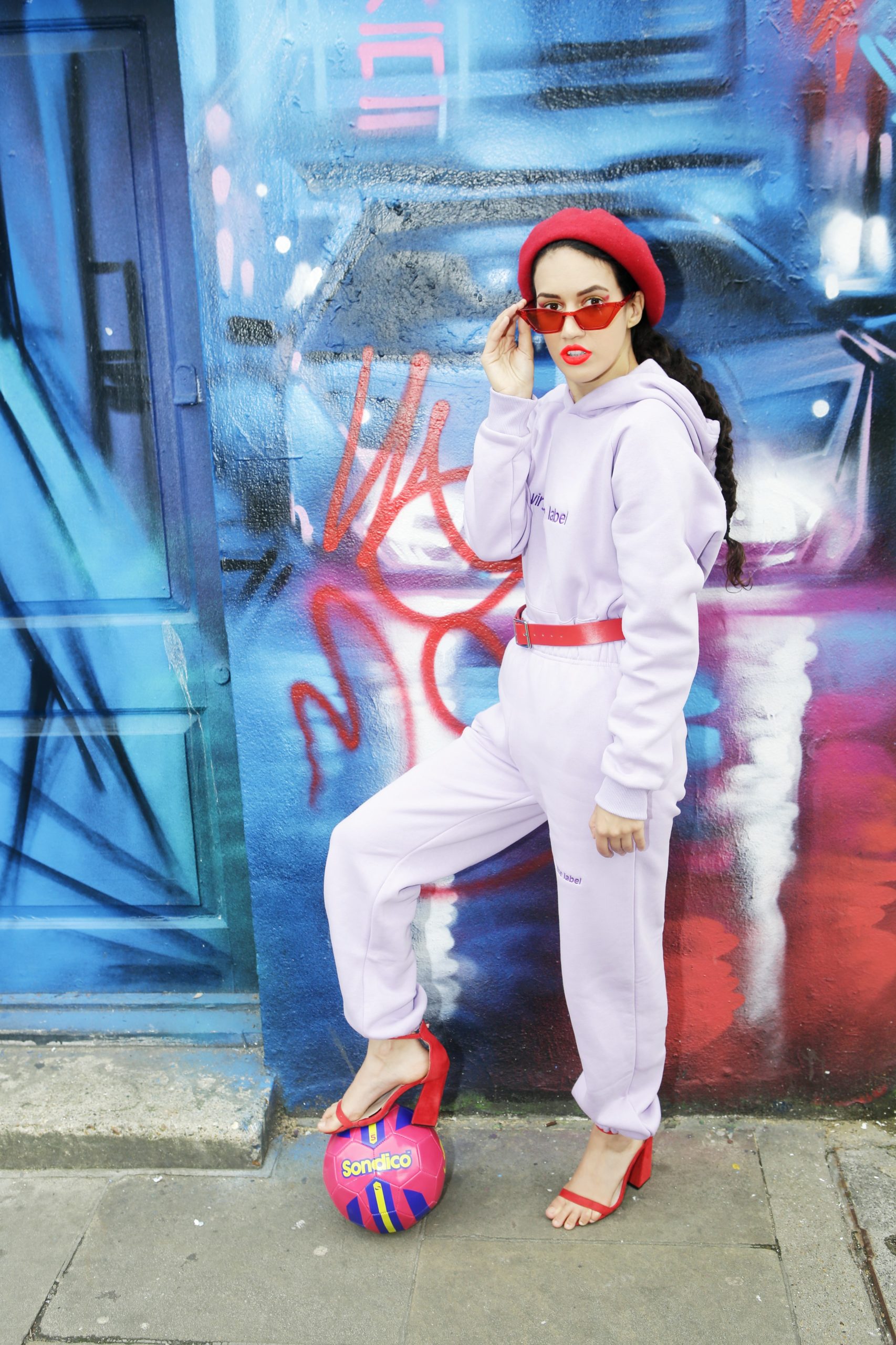
Journalism internships (paid) can be a great way to break into Journalism in London and start a new career!
If you are looking for Journalism internships, then look no further than Beyond Academy, that will lend you a helping hand. Unlike other internships, this London based programme is immersive, allows you to get stuck into city culture, and helps you find the perfect Journalism job for you. Whether you want to work for a publishing house, for a PR company, for a news agency, or try something different like copywriting, this incredible programme can last between one to six months. In London you will receive world-class hands on experience with a a journalistic, publishing or media company, and be able to discover the latest scoop, story, or social media trend.
So how does it work? Weeks 1 and 2 give you a flavour of what it is like to live, work, and play in London. You will have the best of both worlds; not only will you familarize yourself with your office, team, and get to know everyone, but you will also go on fun, and exciting family outings. You will get a delicious welcome dinner, a community dinner, and even have a magical day trip in Cambridge. Your first two weeks are about easing you in, and making sure you are confident in what the programme offers, and also your team, office culture, and where you will be living. You can do the programme with or without accomodation, but if you do need accomodation, this would be an extra fee on top. By week 3 and 4, so will feel more comfortable in the city, and confident in your skills to find a good story, improve your writing and editing skills, and discuss your progress.

You will have already had a chance to build up your database of industry insiders, but as well as this, you will get to go to an industry event, where you can introduce yourself to your community’s top leaders. It will be a fun way to get to know other professionals in London, and give you a springboard to go on to bigger, and better things. After all, you never know who you might meet. The saying goes that it is about who you know in the creative industry, and that definitely rings true in Journalism. The more you put yourself out there, the more people will be aware of who you are, and what you can offer. You might even start seeing the same people, building up a relationship with well-reputed PR’s, Writers, Journalists, and so forth. For your second trip you will get to suss out the West End, for a night of amazing theatre, food, and drinks.
In weeks 5-6, you are at the end of your internship (unless you do an extended internship), so its time to brush up on what you know, and put those skills to good use. Book a 1:1 tailored coaching session, and discover how much progress you have made, what your next steps will be, and what you have learned in your internship. This will be a great way to see where you want to go next in your career, and establish what type of Journalist you would like to be. On the cultural front, make the most of the time you have in London, and soak up some delicious food on The London Food Tour. You will also have a farewell dinner with your team, and have your own free time to explore London at your leisure. Whether that’s tourist attractions, hidden gems, or exploring the gastronomy scene, there’s so much to see and do here.
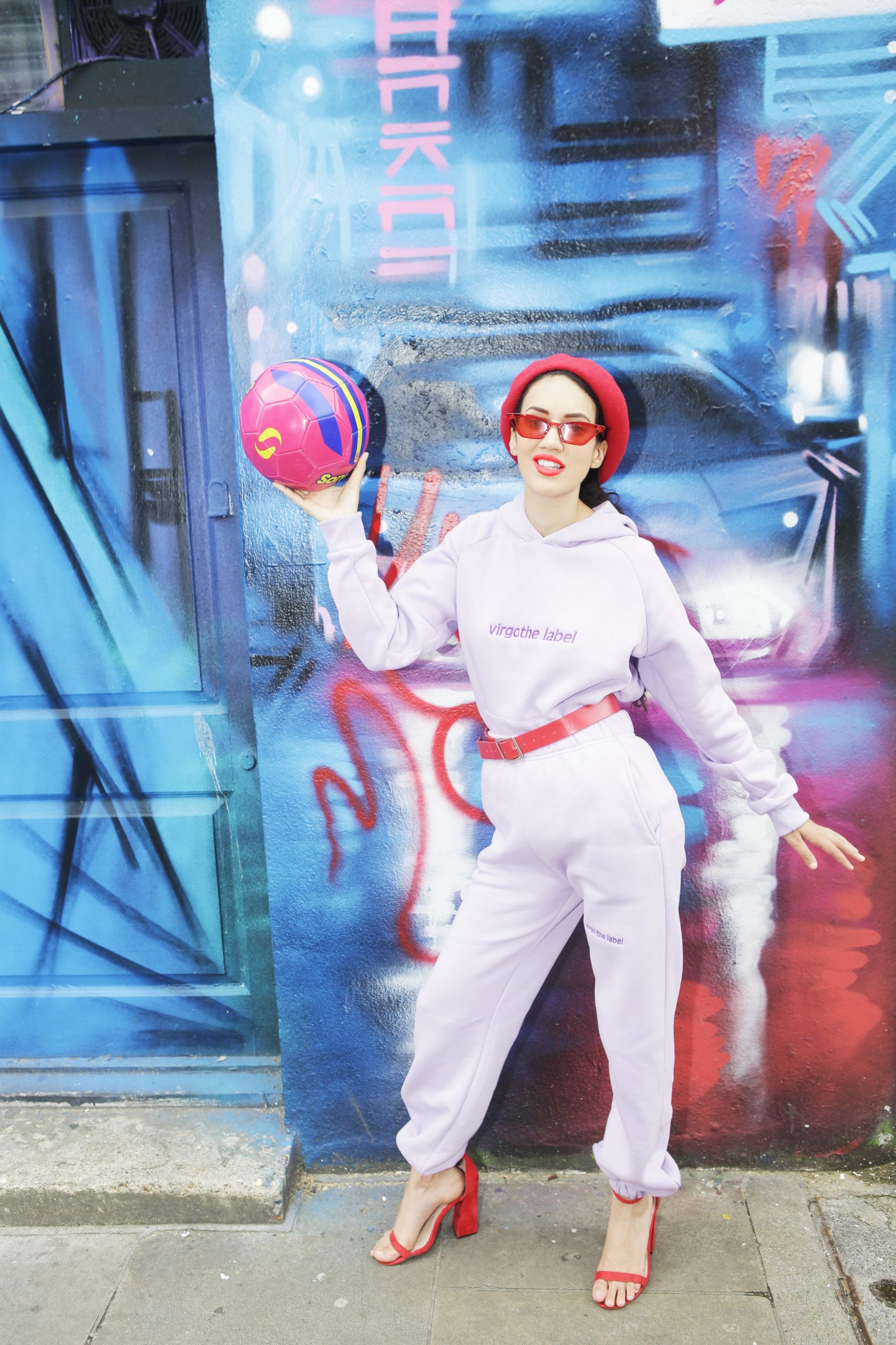
Find Mentors And Make Connections To Build Up Your Resume
When you are trying to break into Journalism in London, one of the most important things you can do is build connections. Just like you would build your network on LinkedIn, it is important to build relationships in person, especially now that we are coming out of the pandemic. Whether you attend industry conferences, set up meetings with your LinkedIn connections, go to speed-networking events, or attend award ceremonies, it is so important to put yourself out there. After all, finding the right connections will not only help you build up your resume, but it will also help you get a job, and even find prospective mentors.
For example lets say you go to a Journalist networking event, which has stalls from reputed news companies such as The BBC, ITV, Metro, and so forth. It is an event that is designed to help you break the ice, and meet industry insiders in a comfortable, neutral environment where you can feel at ease. You can ask questions, chat to the right people, and potentially find a mentor who will give you advice on job openings that are out there, workshops to improve your writing skills, as well as upcoming industry events. They will be your port of call, in a non-transactional way, and will take you under their wing, while they help you land on your feet in the Journalism industry. After all, it is a tough job sector to break, so you want to have as much advice from professionals as you possibly can.
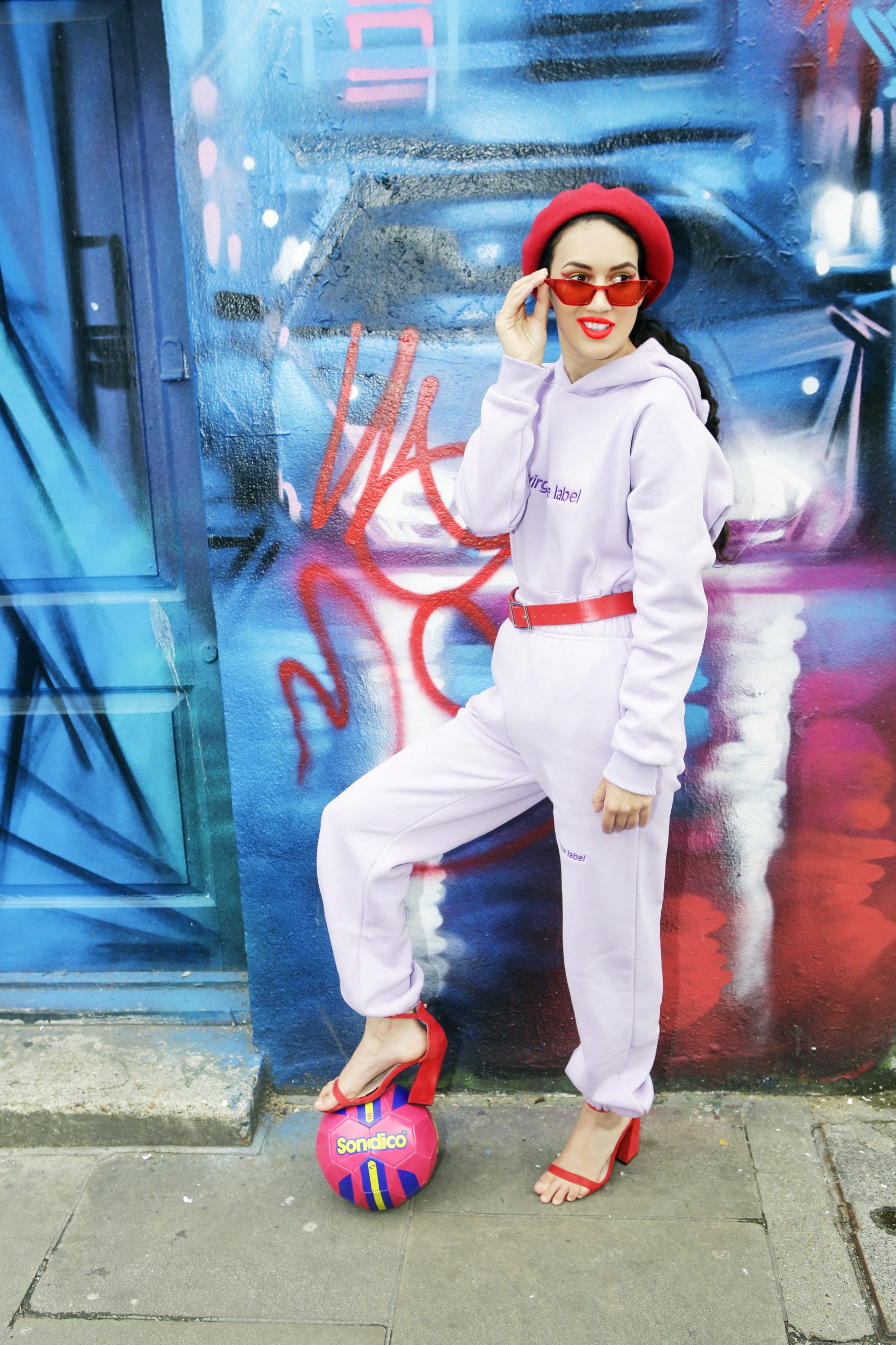
Finding mentors is a great way to break into Journalism in London, so get your ‘social butterfly’ vibe on!
I know it can be hard to put yourself out there, but don’t be afraid. The more that you network with others, the more comfortable you will be making new friends, new connections, and finding prospective leads. Even if your mentor does not find you a job, what they can offer is invaluable. They can teach you how to be a better writer, and editor, giving honest feedback on your work, teach you how to be an excellent interviewer, and help you determine what kind of Journalist you want to be. When you find a mentor who has years of experience, the knowledge that they can give you is honestly limitless.
When you are enterprising and assertive, you stand out from the crowd as a Journalist to watch. For example when I was a Journalist, I would go the extra mile to secure stories that were off the cuff, and was kind, polite, but always professional. I would never push anyone to give a story that they weren’t comfortable giving, and had pride in my ability to put ethics first, in an industry where scandals were rife. I also had a unique writing style, and was able to find fresh perspectives, that other people couldn’t spot. When I was networking with others, and searching for potential mentors, I always made sure that they knew why and how I was different to other Journalists in my field. And that’s what they want to see; it is not about the years of experience that you have, but how you can think outside of the box, and achieve the impossible.

Expand Your Skill Set And Diversify What You Can Do
To be a Journalist means that you must have the ability to successfully juggle many tasks at once. After all, like Blogging, it is not your average 9-5 job, as you will often work out of hours, be delegated tasks that are outside of your contract, and have to put a lot of time and energy into your role. This is not a passive role, but an exciting dynamic one, where no two days are the same. That is why I strongly suggest that you diversify what you can do, by taking active measures to expand your skill-set. For example as a Blogger, you need to be a photographer, writer, photo edior, writing editor, content marketer, hustler, and social media maven. As a Journalist you need to be able to write, edit, interview, and create clippings, but to be able to do more, widens your pool of opportunities.
For example let’s say you want to be a Fashion Journalist. As well as being passionate about fashion, be able to write about the latest trends, and predict future fashion hot topics, you also need to have a close eye on hot fashion calendar events, and be excellent at assisting on Photoshoots. For example as well as writing and editing, you might like to learn how to style, so you can style models, and plan photoshoosts, as well as improving your image manipulation skills. Familarizing yourself with platforms like Canva, Photoshop and Lightroom, can make you a real asset as a Journalist who can do it all. If you can write, edit, and even shoot video content for the brand you are working for, you become a digital-first Journalist who is proving that they have taken the initiative to add new skills to their portfolio, which will help you with your job search in the long run.
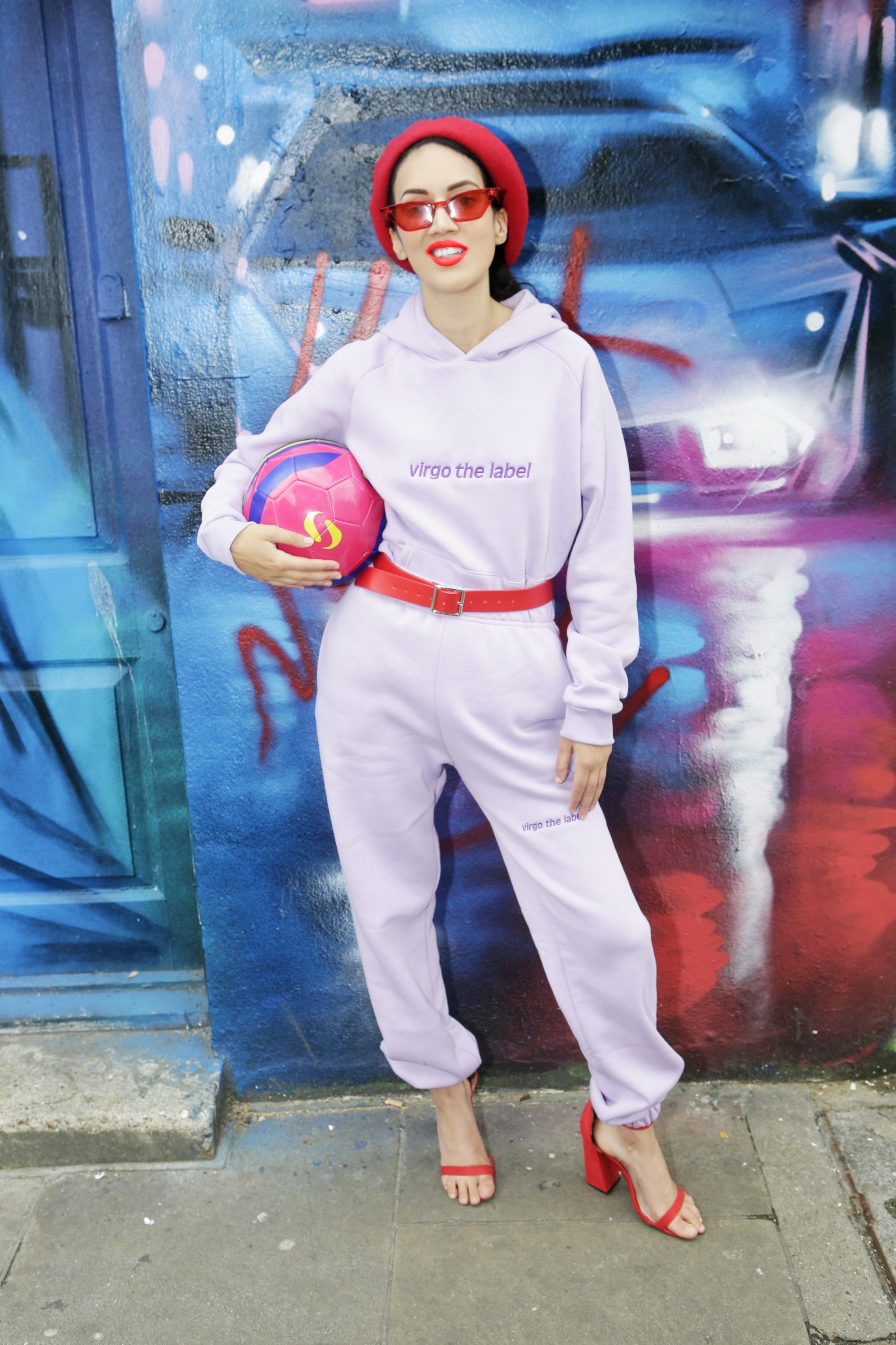
On the other hand if you are a social media Journalist, you really need to show that you understand social media. In my case I have social media channels, a blog, and manage content for clients as well. You don’t have to start your own blog neccessarily, but just having active social media channels shows that you know what you are doing. It allows prospective employers to see that as well as being an excellent writer, you can capture tone of voice, and branding down to a T, understand what it means to create ‘brand identity’, and create distinctive social media profiles, that gives them an insight into who you are. You can show that you also have the ability to look at social media from a business point of view, by showcasing how you track stats such as users, audience demographic, impressions, click throughs, views and reach.
Alongside skills that show you are evolving with the times, you should also be able to demonstrate that you have the traits needed to succeed as well. As a Journalist you have to be very open minded, as you are going to be dealing with people from all different backgrounds, so it is important that you remain respectful. Regardless of your personal feelings, you have to be professional, and there will be times where you are covering content, you might not want to do. While you can definitely niche down the more experience you have, diversifying your skills does mean trying a bit of everything to see what makes you the happiest. You will also need to be incredibly patient and persistient.Writing can get tough, and you might experience writers block from time to time. Just be kind to yourself, and remember that your work will be amazing. It might take a little longer, and that’s OK. When I have writers block, I take time out, have a walk, and see how I can be inspired by what is around me. By readjusting your focus, you come to your work feeling refreshed.
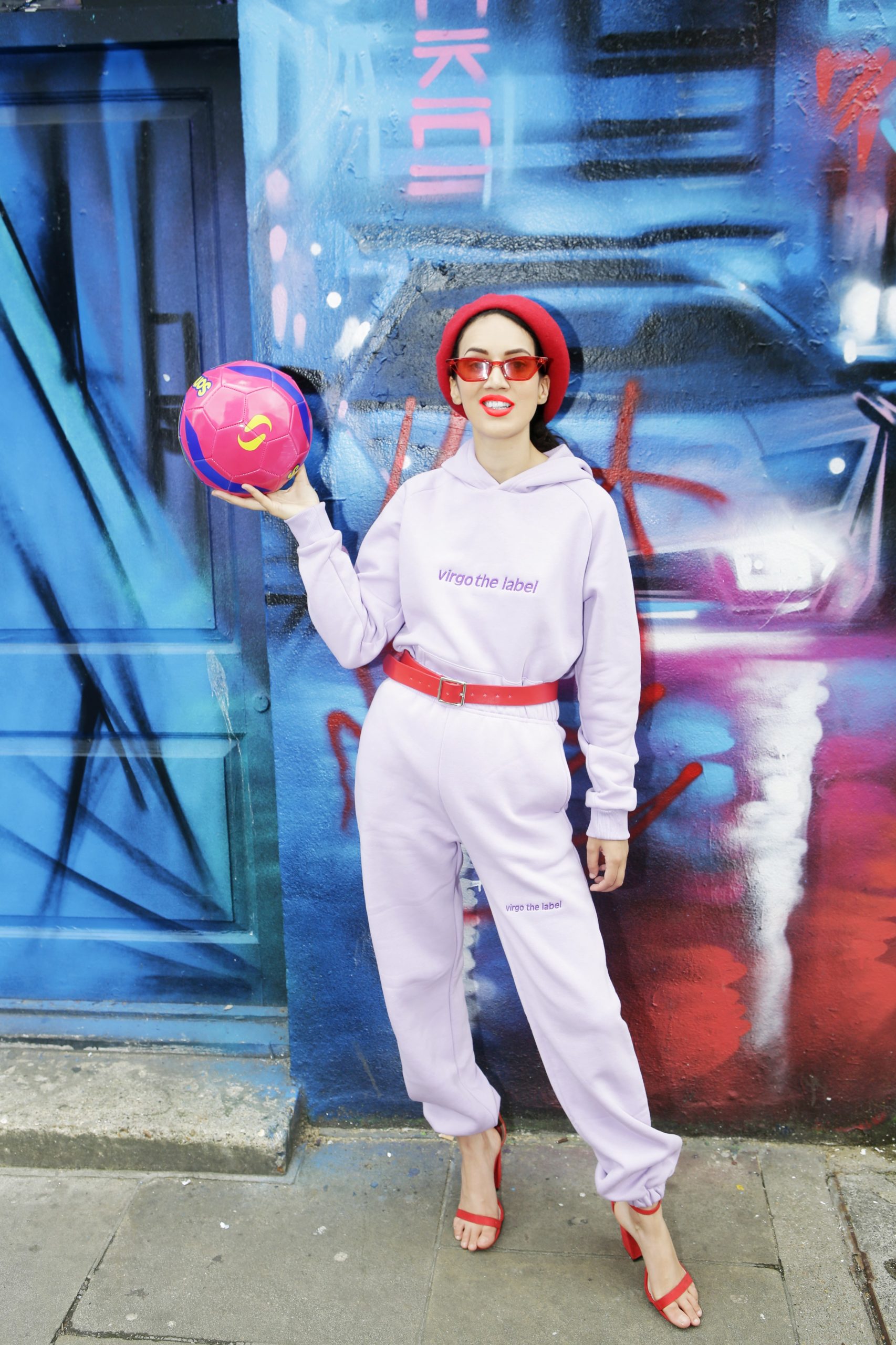
The more skills you have, the more attractive you are to employers which makes it easier to break into Journalism in London.
Don’t Be Afraid To Go Freelance And Show You Have Grit
Going freelance can be scary, but it is hugely rewarding at the same time. Not only do you have the freedom to pick and choose between publications, briefs, and shifts, but you also have the ability to choose how much time you can dedicate to each of your clients. The great thing about freelancing is that you are free, (pun intended), to write the content that you want, and be able to pitch it to relevant publications, so they can publish it. For example, you might have written a piece on how CBD oil can booost heavy periods, with first person introspective, as well as short clippings from other people who suffer from heavy periods. You might want to pitch this to publications like Cosmopolitan, Glamour, or even sex and wellness websites like Giddy and Wear White Again. But how do you go about pitching these publications?
You can put a callout on Twitter, using the hashtag #prrequest and #journorequest, so that your inquiry gets sent out to relevant publications, who might be interested in commisioning your story. Make sure you connect with relevant creatives in the industry, such as freelance writers, PR’s, Editors, and even CEO’s. You can do the same on LinkedIn, but make sure you are not spamming people with your work. The key is to put your content in front of the right people, but you don’t want to be intrusive about it. Sometimes fellow Journalists might put a call out for freelancers, to pitch stories on them, with often a different theme each month. For example Sian Meades Williams, has an amazing newsletter which shows you what freelance jobs there are, as well as social media call outs for freelancers, that are needed. It could be anything from doing weekend shifts for a national newspaper, to pitching Publications like Lonely Planet, Guardian and Hearst, among others.
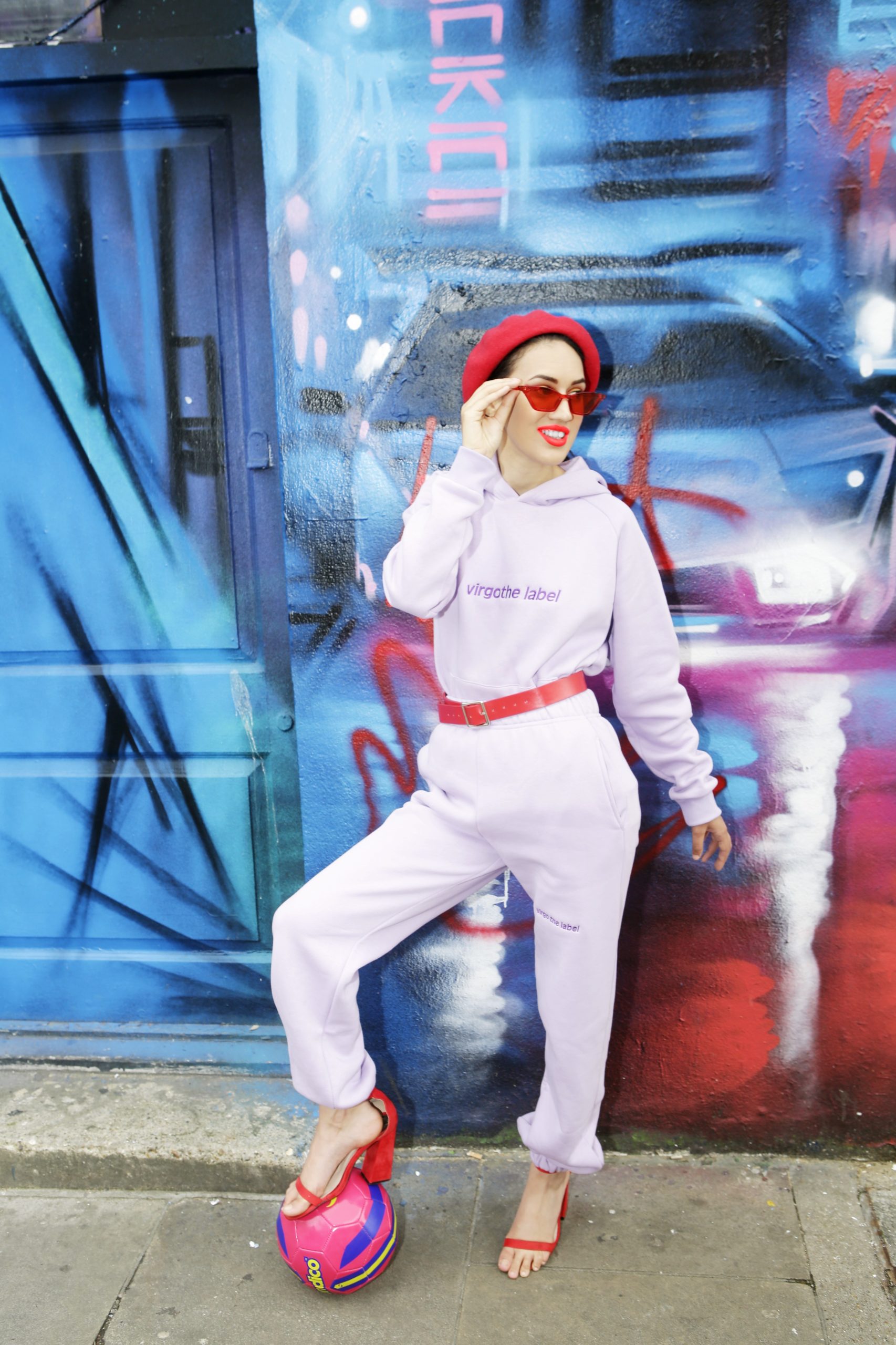
By going freelance, you can determine the style of your writing. For example, for my blog I have a different tone of voice, to how I would write for a national publication. Mastering tone of voice, and recognizing how the brand you are pitching writes, will help you break into Journalism in London. With a blog, even when you are working with brands, you have a lot more control over the work you take on, and how you write, as opposed to content you create for other people. Even if you want to go full-time in the future, being a freelancer is a attractive quality, as it shows that you have created, and forged your own identity as a writer, outside of the traditonal confines of an office based, full-time or part-time role. Now more than ever, being able to freelance is highly sought after, especially as many of us are still working from home, myself included.
Another positive about being a freelancer is that you are responsible for your own income. Unlike a traditional role, your salary is not confined by an annual salary. While there are many pros and cons of being a freelancer, I like to think that it is a big plus to be responsible for your own income. Sure it is stressful, as you can earn a different amount each month, but at the same time, you and you only are responsible for your own Journalist career. You are not prohibited by rules, and regulations. Instead you can take on the clients you want, work for the publications you want, and even go on press trips, attend events, conferences, webinars, roadshows, and more, just as you would as a traditional journalist. Even if you are working full time, you can still take on freelance work if you have time, and broaden your portfolio.
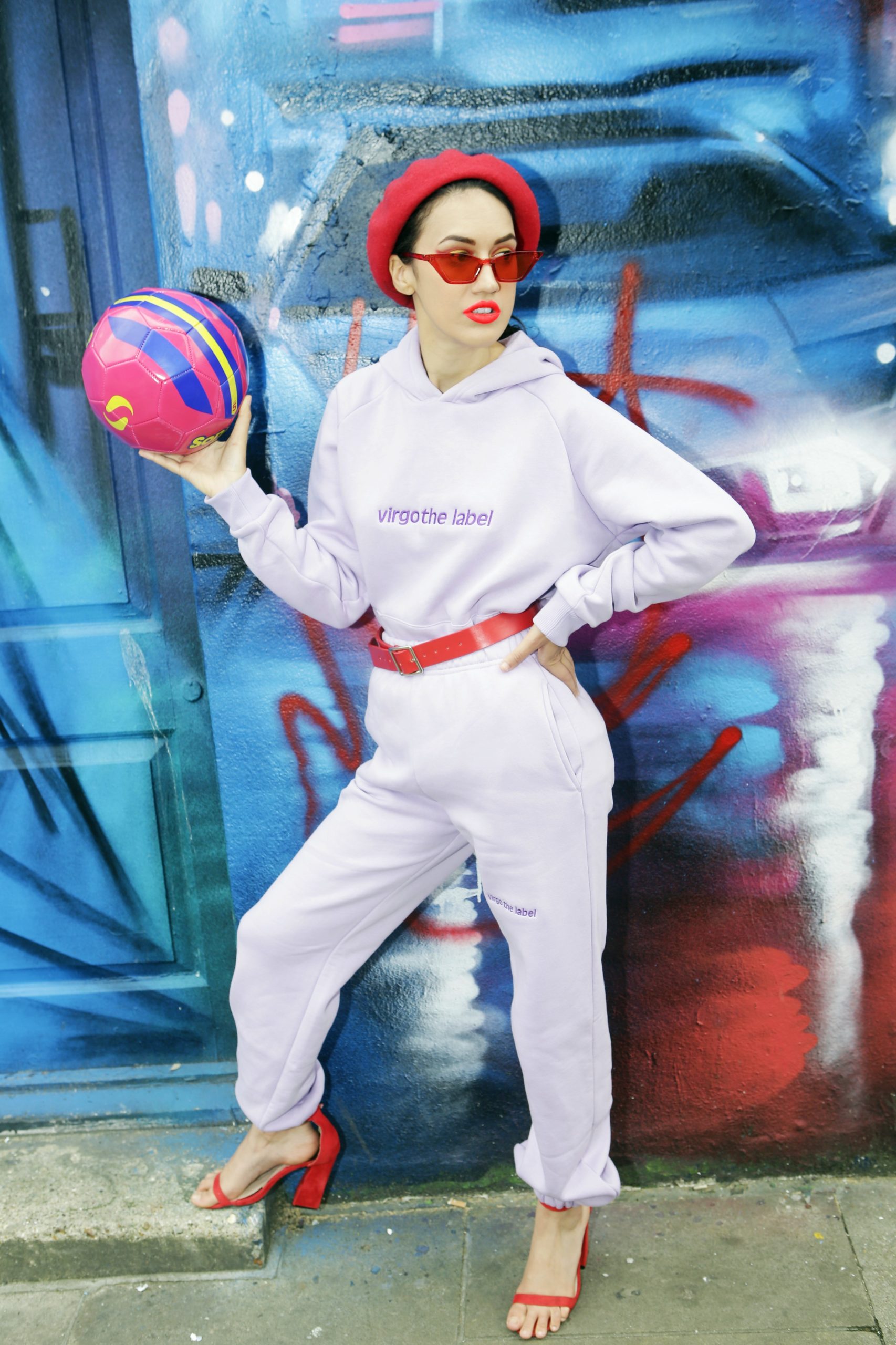
Going Freelance is a great way to break into Journalism in London and get to work for a range of publications.
If This Is Your First Job Put Together Amazing Samples
Being able to provide writing samples, clippings, and social media experience is important regardless of whether this is your first or second job in Journalism. However when you are trying to get your first job, putting together amazing samples can be the difference between you being shortlisted for an interview, and having your CV tossed aside. As callous as it sounds, there is a huge amount of competition, and trying to break into Journalism in London can be especially hard. Not only do you need to show that you can write well, but you also need to demonstrate that you have experience in interviewing, editing, and press releases.
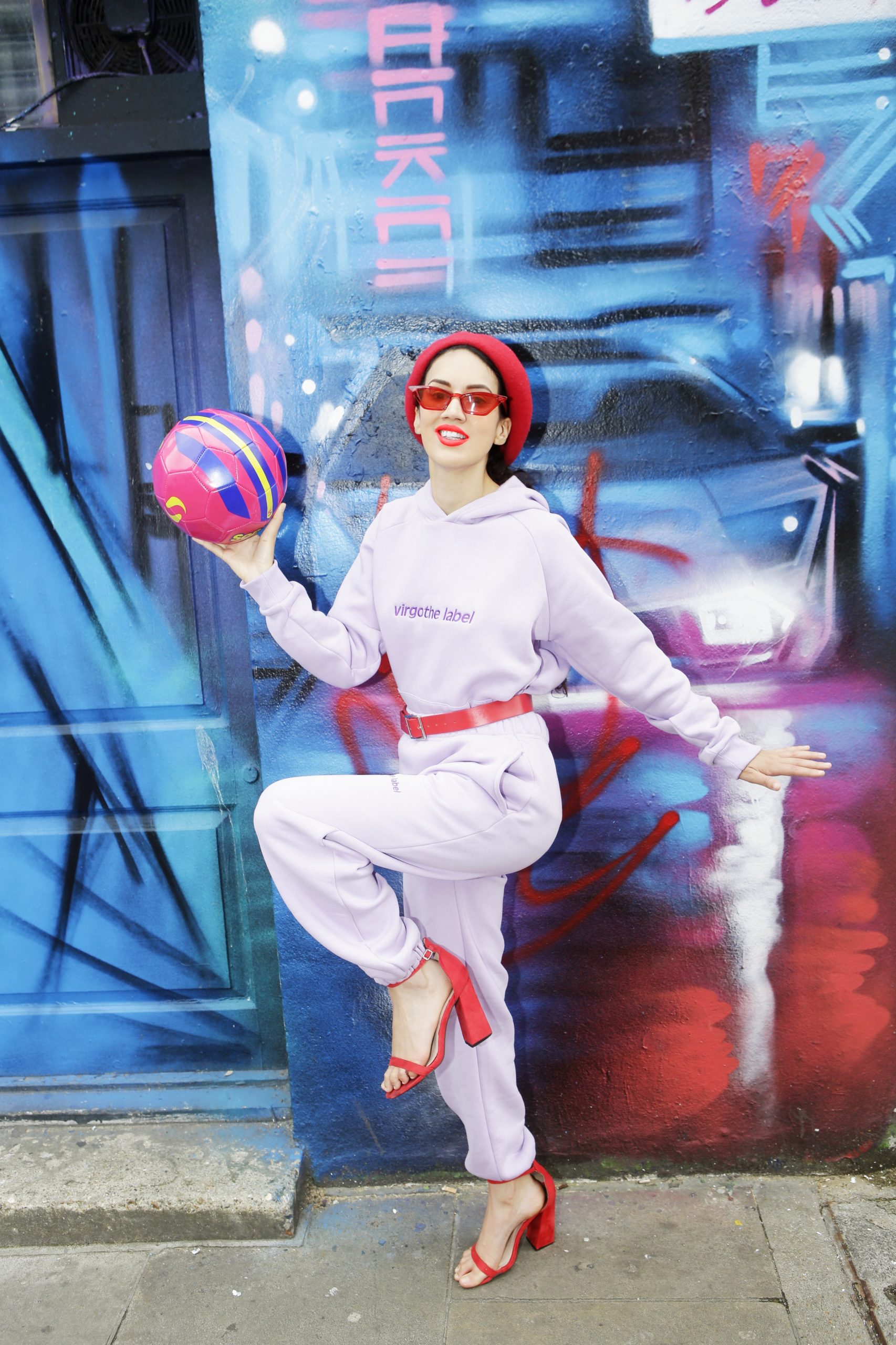
Having a portfolio, a website, a blog or amazing samples can help you break into Journalism in London.
For example, for previous jobs I have got, I have had to demonstrate my writing ability, as well as my ability to understand tone of voice, comprehension and grasp of grammar and my analytical skills. This might have involved me writing briefs, press releases, copywriting emails, creating a content calendar, or social media schedule, as well as editing essays, journals and creating e-newsletter campaigns. Even if the job role you are applying for does not have an ‘assessment phase’, it is still worth showing what great samples you have. It might be that you have your own blog, which you started when you graduated university. You can demonstrate how fast you have grown in a short amount of time, how you are able to master SEO and SMO, as well as your ability to market content. This will make you stand out as your sample isn’t just a word document, but a full fledged website that you created yourself.
Even if you don’t have a website, you can create your own version of a ‘showreel’. You can put together articles that you have created for personal and professional use, any videos you have of interviewing others, as well as an overview of the clients you have worked with. Like a media kit, but more in-depth, this is your chance to sign, and show that you have what it takes to nail your new job. If you don’t have samples, then start procuring potential leads. Make sure that you get paid for the work you get, even if it is a starting rate, because you have bills to pay too. So even if you are creating content for a local newspaper, a website, or even for paid advertising platforms, your hard work should be rewarded by some form of monetary compensation. That way you will get fantastic samples, while being paid for your time and effort. Getting your first samples can be hard, but it does not have to be elusive. Although I know other websites would reccomend starting getting your work for free, I definitely don’t reccomend that from personal experience.
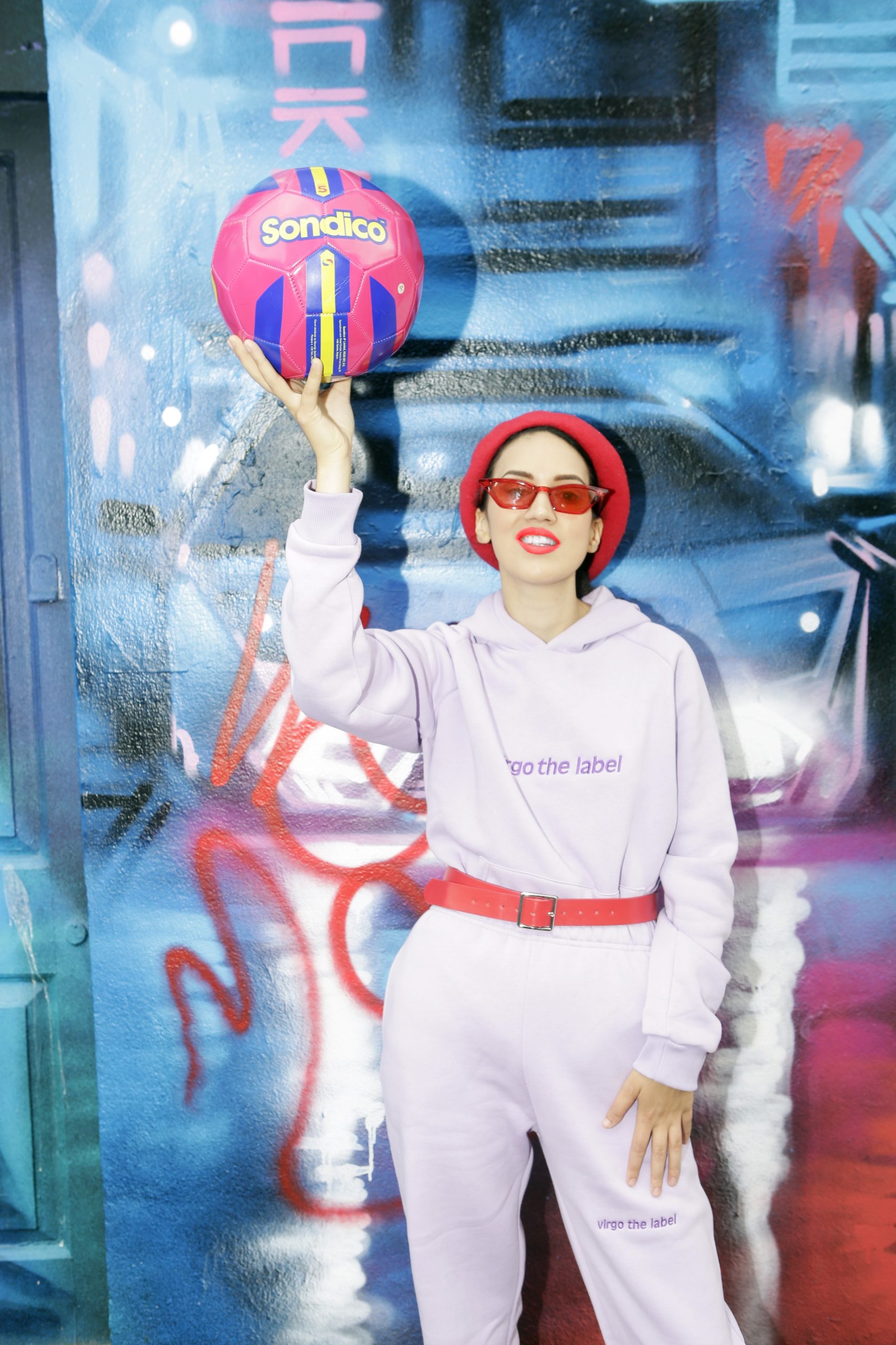
Alongside your incredible samples make sure that you have a cohesive CV and cover letter to boost your application. While your CV might be lacking in experience, you can make up for that in your credentials. For example when I graduated my accolades were that I was an award-winning writer, got a first in my degree, and was running my own social media group. I was also co-running an events company, and had started my own award-winning blog. My extra-curriculars meant that I was able to land a top Journalist job, and although I later blogged full-time, it was definitely a great learning curve for me. After I left blogging full time, I worked for a few other companies full-time, but was beyond miserable, so I am now back to doing what I love, working for myself once more! Not only do I have my own blog, but I also run a freelance writing company, co-run a podcast, and am a freelance influencer manager.
Make Sure You Have Stellar References To Break Into Journalism
It can be hard to land a job role without experience in Journalism. That’s why references are so important, because it can show prospective employers why they should take a chance on you. But how do you get references in the first place? After all the publishing, media and Journalism industry is so saturated, so it can be hard to find someone who will vouch for you. You might have a perfect cover letter, an excellent graduate resume, and even a personal website, like a blog to show your credentials, but without references your search is null and void. Not having experience shouldn’t work against you however, it is all about taking matters into your own hands.
For example, did you recently graduate from university, and have a professor, who can be your reference? Maybe you studied English Literature, and English Language at university, and you were awarded a first class degree. Your professor can tell your prospective employers how diligent you were as a student, that you always completed your deadlines on time, and was able to come up with a very creative dissertation, that exceeded all expectations. The same goes for whether you finished school, or went to college; even if you didn’t go to university, there is an academic professional who can sort you out.
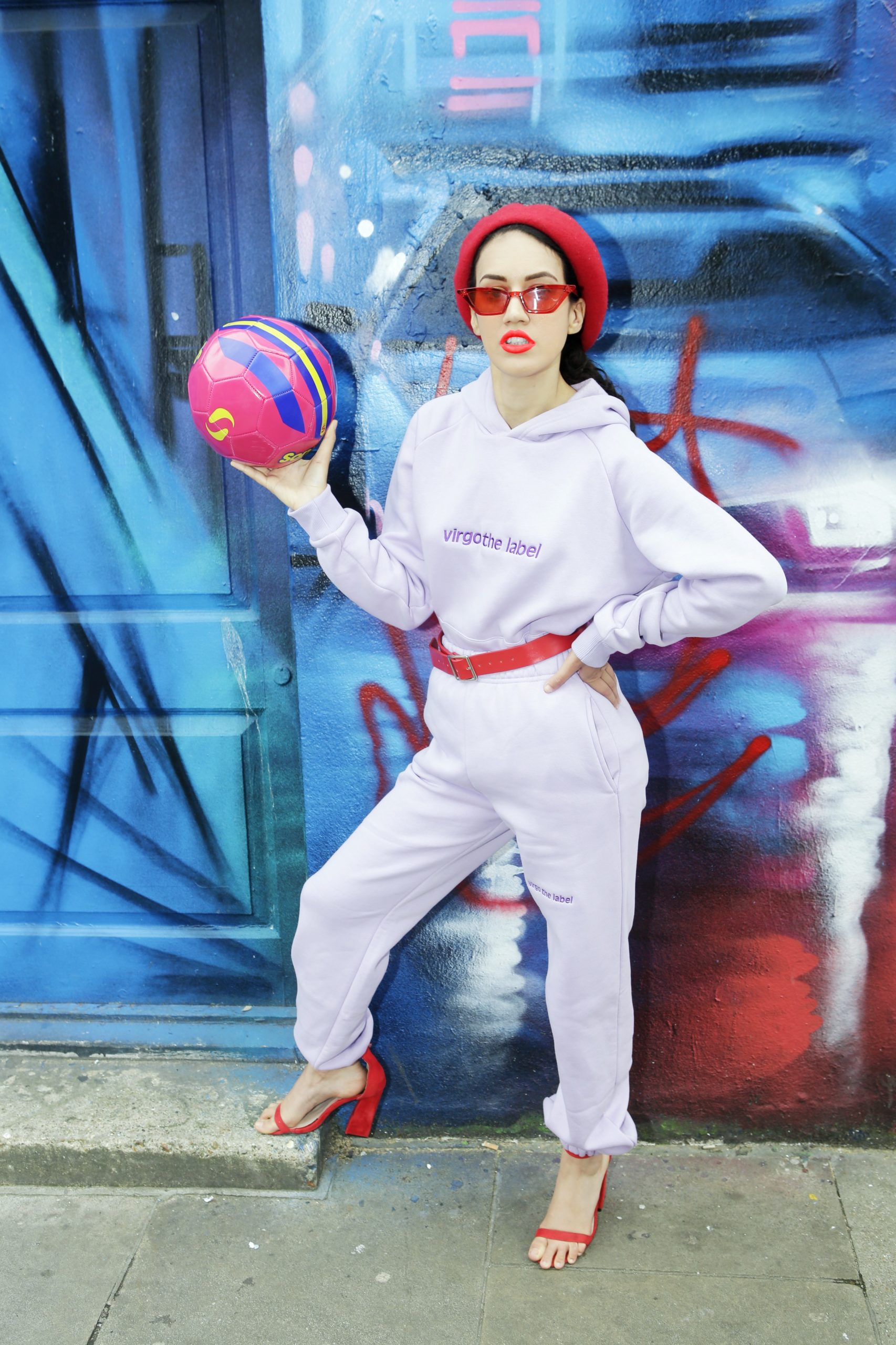
The right references can be the difference between being able to break into Journalism in London or missing out.
If you are uncomfortable asking for a reference from a professor, there are alternative references that you can seek. For starters, if you have done any internships you can definitely get references from the people that you have worked with. You can also get references from any jobs you had growing up, during university, or from any placements, or work experiences that you have had. Just make sure that your references are recent, are solid, and you know the people you have worked with, you can get a reference from. If you have your own blog like myself, you might work with brands on sponsored posts, affiliate content, and gifting, and have freelance clients on the side. The people that you count as your ‘regular clients’ would be great references, as they have chosen to work with you time and time again, proving your reliability.
It shows that you deliver high quality work, meet deadlines, and are able to manage your time effectively. When you can demonstrate that the references you have are from people you have worked for on a freelance basis, this is a very attractive quality, as it alludes to your organizational and time-management skills. You can also cite a family friend, a distant relative, or a friend as a reference as well, provided that you have done work for them, that is relevant to the job that you are applying for. For example for me, I have done event management, influencer outreach and management, social media, copywriting, and ghostwriting for people I know, and they have provided me with stellar references, as a testament to the results I was able to achieve, my accoldades, and their experiences of working with me. This to me is one of the most valuable references that you could get, because they know you well, can offer an unbiased opinion, and show employers evidence to show you have worked for them.

What Are Your Tips For Learning How To Break Into Journalism In London?
*Disclaimer
Please note this is a collaborative post but all thoughts are my own and are not affected by monetary compensation. Are any of my readers Journalists? If so what is your advice on learning how to break into Journalism in London?
This is such a great guide to learning how to break into Journalism! It’s really cool that you put this together!
This is a good guide on how to break into Journalism in London. Thank you for sharing your helpful tips.
This was a very insightful post filled with suggestions on how an individual can break into journalism!
Awesome tips! I’m sure they can be adapted for journalism jobs in other cities.
Being a journalist is actually a dream job for me all for the reasons you said.